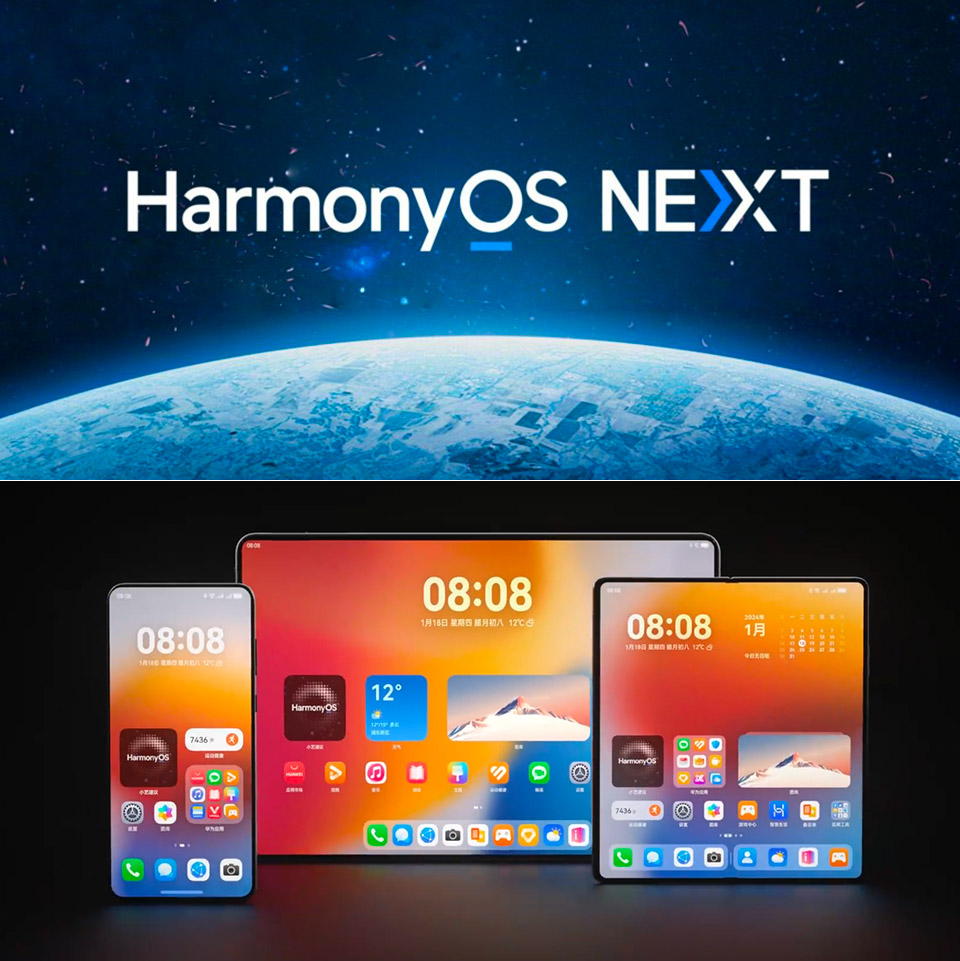Huawei on Tuesday launched HarmonyOS Next, its next-generation effort at a homegrown operating system that completely breaks ties with Android, with ambitions to turn it into a leading desktop platform as well.
From Tuesday the platform is available on Huawei’s flagship Mate 60 series smartphone, the Mate X5 foldable smartphone and the 13.2 inch MatePad Pro tablet.
HarmonyOS Next was made available to developers in January and the company says 10,000 applications and native services have already been developed for it.
Baidu, JD.com, Meituan and Tencent are amongst the prominent Chinese tech companies that have pledged to support the OS, which has risen to popularity on a wave of patriotic fervor.

Domestic platform
“We covered the path of over a decade of foreign operating system ecosystem development in just one year,” said Richard Yu Chengdong, chair of Huawei’s consumer business group, at an event in Shanghai last month.
A report in Nikkei last month, however, said the availability of prominent apps from other platforms remains patchy, with many of the apps currently available being preview versions.
Huawei released the original HarmonyOS in August 2019 after the firm was placed on the US Entity List, which cut off its access to US goods and services without a government licence, including access to Android apps and services such as the Play Store.
The company continued to have access to the Android Open Source Project (AOSP) and has continued to support the use of Android apps on its phones up to now, even as it pushed users toward its own app store and HarmonyOS apps.
Domestic use of HarmonyOS increased sharply last year following the launch of the popular Mate 60 line of smartphones.
It had 17 percent of the market in the first three months of this year, more than double the same period a year earlier, making it the country’s second most popular platform.
Desktop OS
It leads Apple’s iOS, with 16 percent, but is far behind Android which had a 68 percent share in the same period, according to a June report from Counterpoint.
In September Huawei said it would also adopt HarmonyOS as its primary PC operating system.
Yu said the company’s next generation of PCs would remove Windows and would use HarmonyOS Next.
Huawei accounts for about 10 percent of China’s 40 million annual PC sales, trailing global leader Lenovo and HP.




